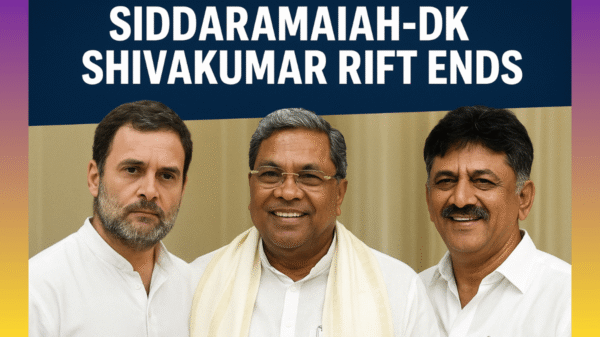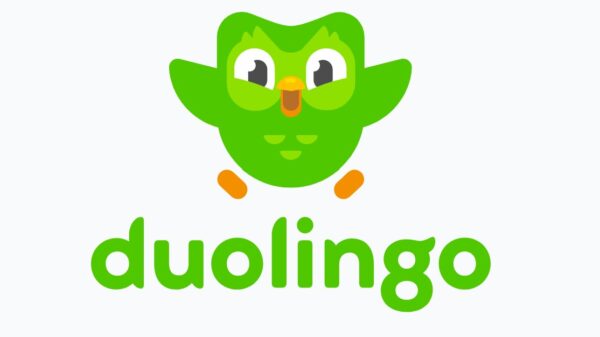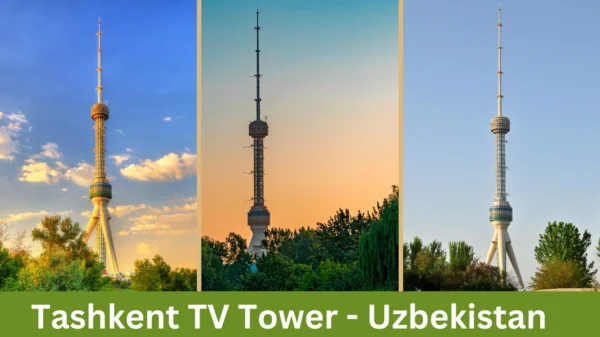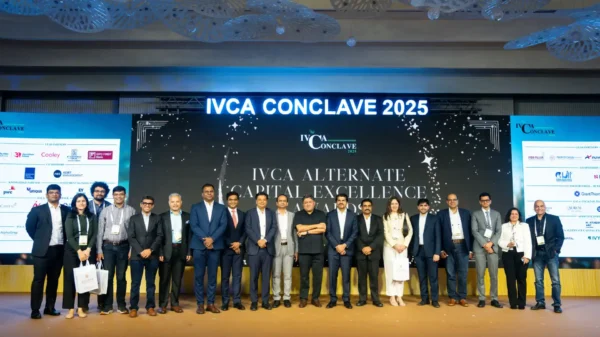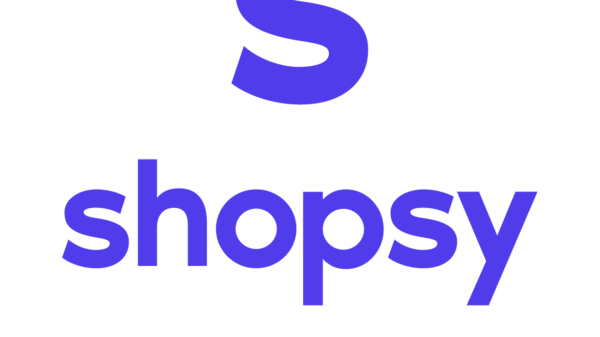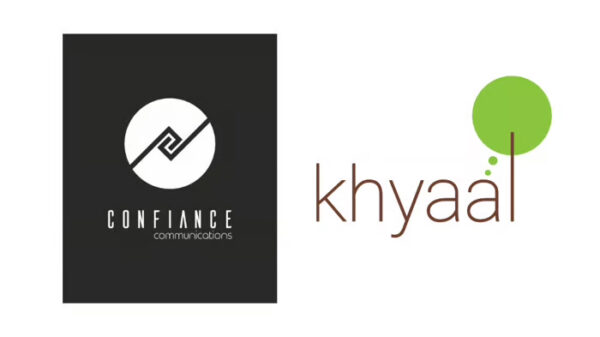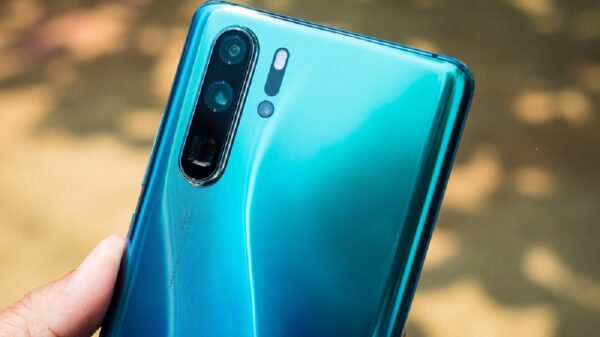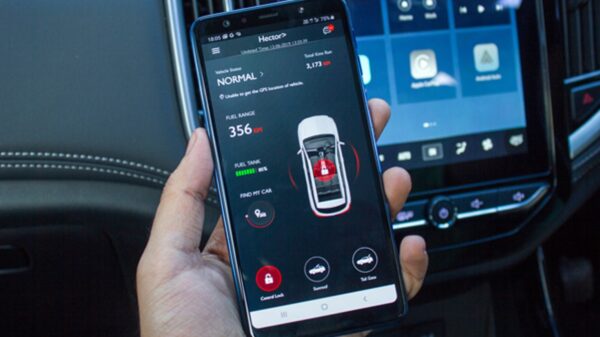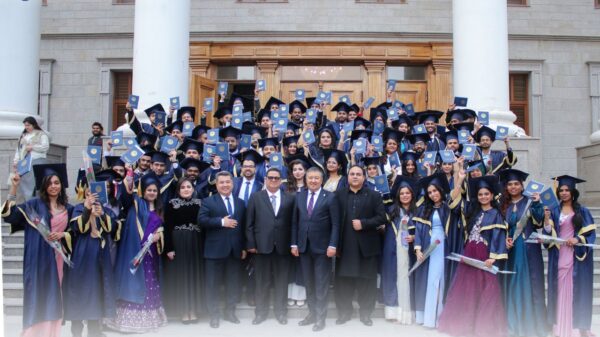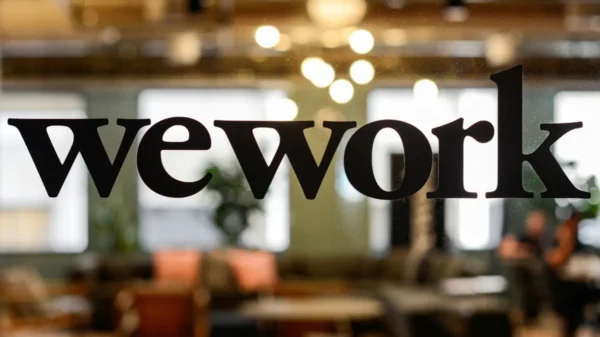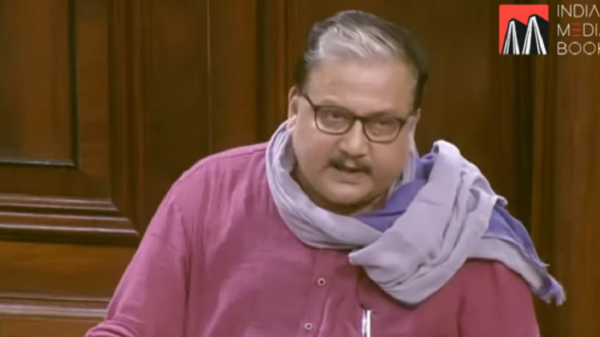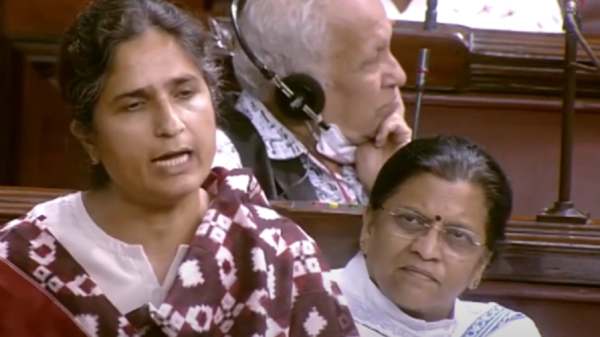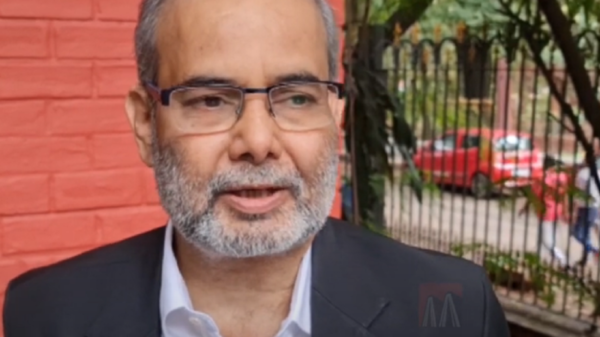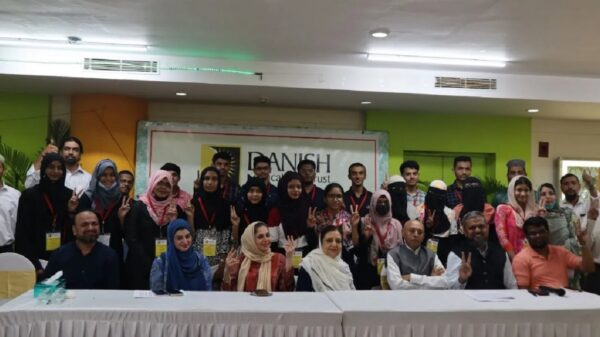Data is the new oil and whosoever controls the data will control the world. With this in mind, multinational tech companies like Facebook, Google, Netflix and Amazon have become goldmines carrying personal data about entire populations.
Anything that you do in the digital world – from shopping, communicating, travelling, and entertainment to just leaving your device connected on Wi-Fi – the Big Brother is watching your online activities all the time and you can’t do anything because devices and the whole app ecosystem around them have made you their 24/7 slave.
Google, Facebook and Amazon are the top three digital ad platforms and together, they capture just under 70 per cent of all digital ad dollars spent, according to market research firm eMarketer. Imagine the kind of data points they have on you.
Cambridge Analytica had 5,000 data points on every American — invisible information that was not visible to anyone except the data scientists at the British political consultancy firm.
According to Paul-Olivier Dehaye, a mathematician and data expert who was consulted as an expert source for the new documentary film “The Great Hack,” Facebook doesn’t technically sell data, but rather “access to services built on top of the data,” allowing third parties to reap the benefits.
If you are watching Nerflix, you are being watched. If you order your favourite pizza online, the marketers know exactly which kind of pizza with what toppings you like the most.
We are now the commodity for tech giants who are constantly watching us, sharing our data with third-party organisations who, then, are analyzing that in great details for individual-level targeting to benefit advertisers.
Most of us still do not realize that our personal data is out there and is being used against us in ways we do not understand.
The idea of people like Facebook CEO Mark Zuckerberg was to have a connected world which, in turn, has become a data sharing and selling exercise, “giving any buyer direct access to the users’ emotional pulse”.
According to Faisal Kawoosa, Founder and Chief Analyst at market research firm techARC, people have slowly begun realising how their data is being used for purposes that are surreptitious in nature and how, most of the time, they are not even aware of it being collected in a “digital underworld”.
“From India’s perspective, data security and privacy are increasingly becoming paramount — with more and more people going digital amid the rapid adoption of data services in the lower strata of society, where overall data sensitivity could be very low,” Kawoosa told IANS.
“So-called digital literates and experts are surprised by the facts that reveal how and what kind of data is or could be collected by the apps that people use on a daily basis,” he added.
In this digital age and time, data is bound to rest with the app makers and other value-chain players.
“There is no solution unless the entire ecosystem becomes more transparent. One may think of removing all the suspicious apps from the system but, how to decide what is suspicious and what is not is a real herculean task,” Kawoosa noted.
A latest KPMG report said nearly 86 per cent of the consumers in India are concerned about eavesdropping of their conversations or theft or misuse of their messages through their devices.
Around 87 percent of the consumers are concerned that retailers will misuse or improperly distribute their information.
Despite all the threats, there is no way out for a consumer as life has become easy with apps all around and he or she cannot think of going back to a life without a smartphone and the whole app ecosystem that gets the life going.
Use home Wi-Fi or public, use office Internet or at a cafe, the data miners are snooping on you all the time.
They are on surveillance watching you all the time and the fact is that you cannot do anything about it.
Unless, you decide to go back to how you used to live in 1980s, with little or almost no digital traces.
Can you imagine spending time without Netflix, Uber, Swiggy or simply, Google?
(IANS)


